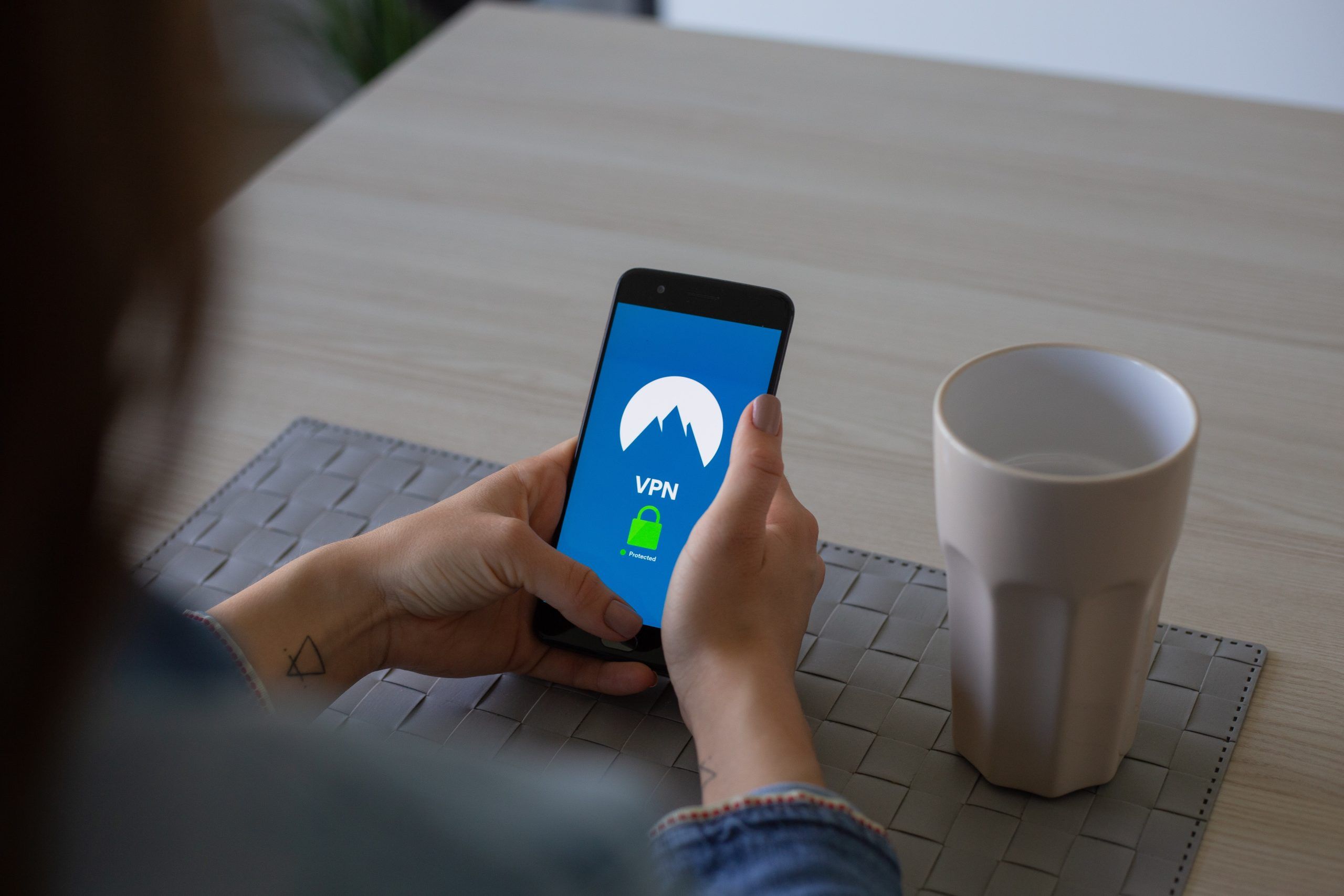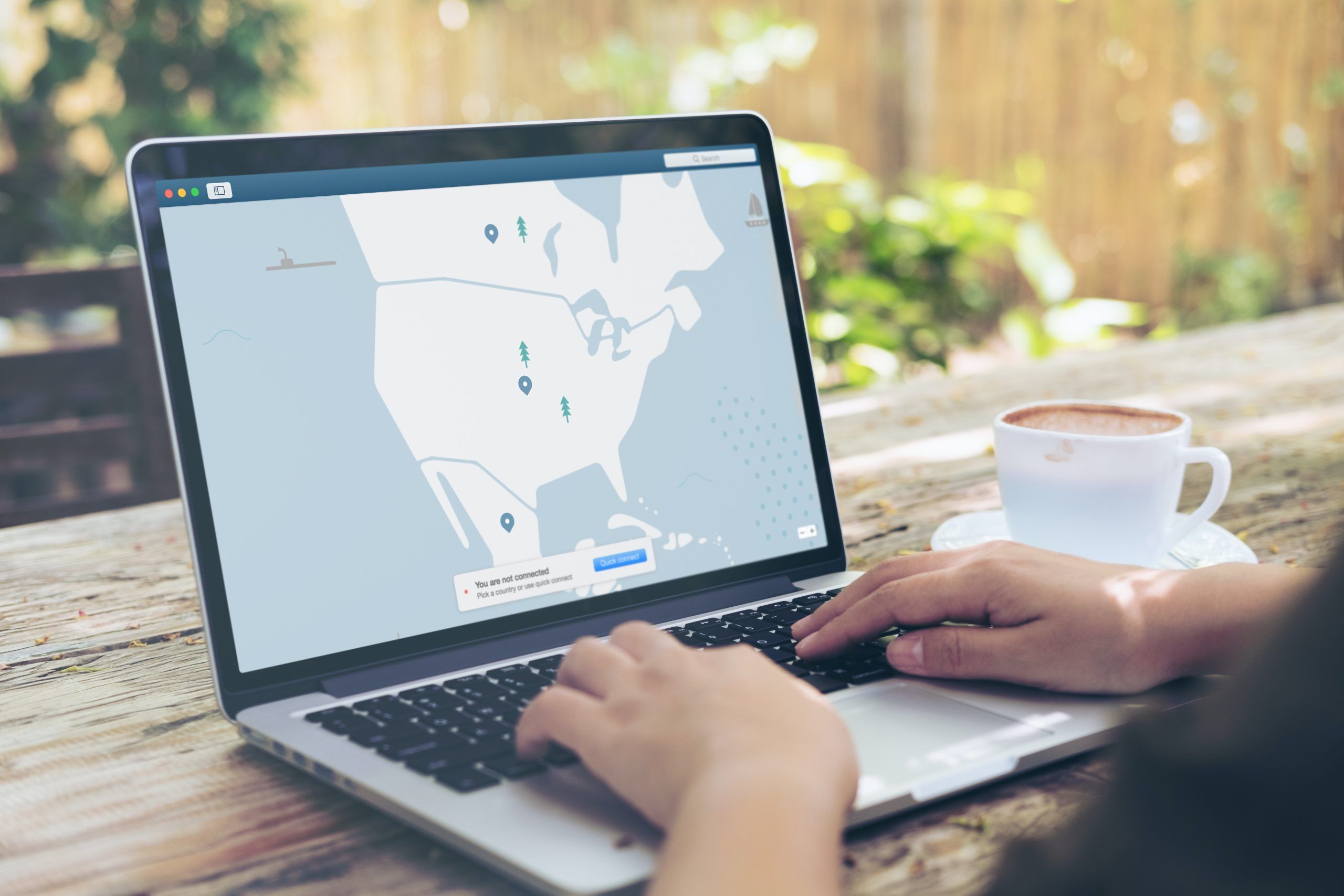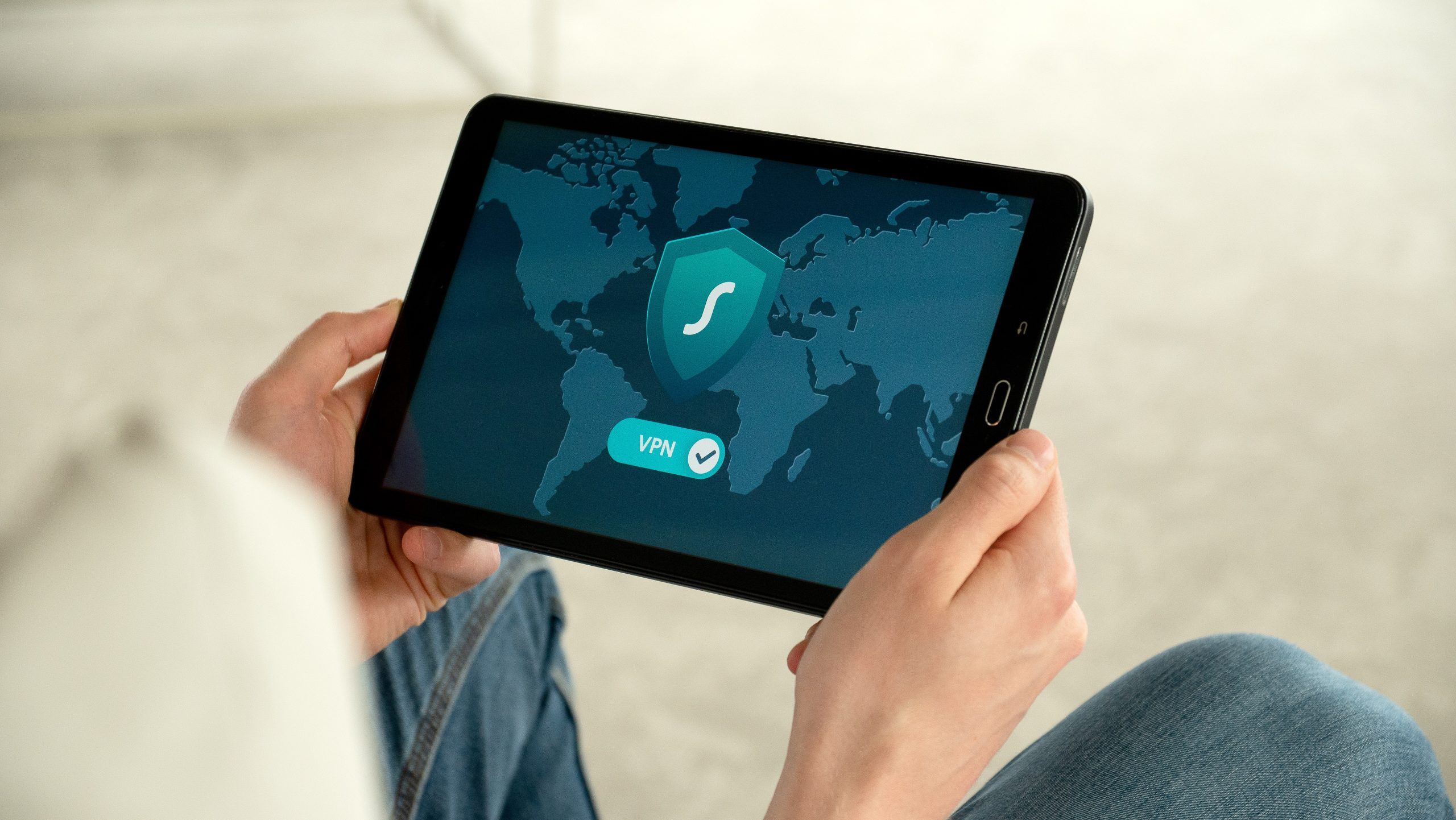In today’s digital era, where privacy and security concerns are at an all-time high, virtual private networks (VPNs) have emerged as a popular solution. VPNs allow users to protect their online activities by encrypting their internet connection and routing it through remote servers. This added layer of security not only safeguards sensitive information from potential cyber threats but also grants individuals the freedom to access region-restricted content.
However, amidst the numerous benefits offered by VPNs, one common concern that arises is whether using a VPN slows down internet speed. Understandably, in an age where fast and seamless connectivity is paramount for various online activities like streaming, gaming, or even day-to-day browsing, any potential disruption can be frustrating.
What is a VPN?
A VPN, or Virtual Private Network, is a technology that allows you to create a secure connection between your device and the internet. It creates an encrypted tunnel for your data to pass through, protecting it from potential hackers or surveillance. With a VPN, your online activities are hidden from prying eyes, making it an essential tool for maintaining privacy and security.
While using a VPN can enhance your online security, it is possible that it may slow down your internet speed. This happens because when you connect to a VPN server, all of your internet traffic has to be routed through that server before reaching its destination. This extra step adds latency and can result in slower connectivity. However, the extent of the slowdown depends on various factors such as the distance between the server and your location, the server’s capacity, and even the encryption level used by the VPN.
Despite potential speed reductions caused by using a VPN, many service providers have optimized their servers to minimize any impact on browsing speeds. Additionally, advancements in technology have enabled faster connections with little noticeable difference while using a reliable VPN service. Therefore, if you choose a reputable provider with efficient infrastructure and select servers closer to your physical location geographically speaking or with less user load at peak times – chances are you will experience minimal impact on your internet performance while enjoying increased privacy and security benefits provided by a VPN.
How Does a VPN Work?
One common concern people have about using a VPN is whether or not it slows down their internet connection. The answer to this question depends on various factors. While it’s true that using a VPN can potentially result in slower speeds, the impact is usually minimal and may not even be noticeable in most cases.
When you connect to a VPN, all your internet traffic is encrypted and routed through a remote server before reaching its destination. This extra step of encryption and rerouting can introduce some latency, which may lead to slightly slower speeds. However, modern VPN protocols are designed to minimize these effects as much as possible.
The actual impact on your internet speed will depend on several factors such as the distance between your physical location and the VPN server, the quality of your internet connection, and the capabilities of both your device and the VPN service itself. Therefore, while it’s technically possible for a VPN to slow down your internet speed, in practice, most users experience only negligible differences when using a reputable VPN provider with sufficient server infrastructure.

Does a VPN Impact Internet Speed?
When it comes to using a VPN, one of the common concerns that arise is whether it slows down internet speed. While it is true that using a VPN can have an impact on your internet speed, the extent of this impact depends on several factors. The first factor is the distance between your location and the VPN server you are connecting to. If you are physically far away from the server, it may take longer for data packets to travel back and forth, resulting in slower speeds.
Another factor that affects internet speed when using a VPN is encryption. VPNs encrypt your data to protect your online privacy and security. However, this encryption process requires additional time and resources, which can lead to slower speeds. The level of encryption used by the VPN provider also plays a role; higher levels of encryption tend to slow down internet speeds more than lower levels.
Overall, while it is possible for a VPN to impact internet speed, its effect varies depending on factors such as server distance and encryption level. It’s worth noting that many reputable VPN providers invest in high-speed servers and optimize their services to minimize any potential slowdowns. So if you choose a reliable provider with good infrastructure, you may experience minimal or no noticeable difference in your internet speed when using a VPN.
Factors that Can Affect VPN Speed
One of the main factors that can affect VPN speed is the distance between your device and the VPN server. When you connect to a VPN, your internet traffic is routed through the server, which means that the further away the server is from your location, the longer it will take for data to travel back and forth. This can result in slower internet speeds when using a VPN.
Another factor that can impact VPN speed is the encryption level used by the VPN protocol. While encryption is essential for maintaining online privacy and security, stronger encryption methods can also slow down your connection. Some VPN protocols offer different levels of encryption, allowing users to choose between higher security or faster speeds based on their needs.
Additionally, network congestion can have an impact on VPN speeds. If you are connecting to a popular or heavily populated server, there may be many other users sharing bandwidth at the same time. This increased traffic can lead to slower speeds as resources are spread thin among all users connected to that particular server.
In conclusion, while using a VPN does introduce some overhead that may slow down your internet connection, various factors contribute to this decrease in speed. The distance between your device and the server, encryption levels used by the protocol, and network congestion all play significant roles in determining how much of an impact a VPN has on internet speed.

Tips to Improve VPN Performance
One common concern among VPN users is whether using a VPN will slow down their internet connection. The truth is, a VPN can indeed have an impact on your internet speed, but there are several tips you can follow to improve VPN performance and minimize any potential slowdown.
Firstly, choosing the right server location is crucial. Connecting to a server that is geographically closer to your physical location can significantly reduce latency and boost overall performance. Additionally, selecting servers with low user loads can also enhance speeds as they are less congested.
Another tip for improving VPN performance is to upgrade your internet connection. If you’re experiencing frequent slowdowns while using a VPN, it may be worth considering upgrading your internet plan with higher bandwidth or switching to a more reliable ISP.
Lastly, optimizing your device’s settings can also contribute to better VPN performance. Disabling unnecessary background applications and clearing cache regularly can help free up system resources and improve overall network speeds while using a VPN.
By following these tips, users can maximize their VPN experience without compromising on speed or performance.
Conclusion: Understanding the Tradeoff
In conclusion, it is important to understand the tradeoff between using a VPN and the potential slowdown of internet speed. While VPNs offer numerous benefits such as enhanced security, privacy, and access to geo-restricted content, they can also have an impact on internet performance.
When you connect to a VPN server, your data is encrypted and routed through an additional network layer, which adds some overhead and may result in slower connection speeds. The distance between the VPN server and your physical location can also affect the latency or delay in data transmission. Additionally, if you are using a free or low-quality VPN service that lacks adequate infrastructure or bandwidth capacity, it can further contribute to reduced internet speeds.
However, it is crucial to note that not all VPNs are created equal. High-quality providers invest in robust infrastructure with optimized servers strategically placed worldwide to minimize any negative impact on internet speeds. Choosing a reliable VPN service that offers features like split tunneling or dedicated streaming servers can help mitigate any potential slowdown.
Ultimately, understanding this tradeoff allows users to make informed decisions based on their priorities – whether it’s prioritizing online security over slight speed reduction or vice versa. It is recommended to prioritize reputable VPN providers that strike a balance between strong encryption protocols and maintaining reasonable connection speeds for an optimal online experience.

